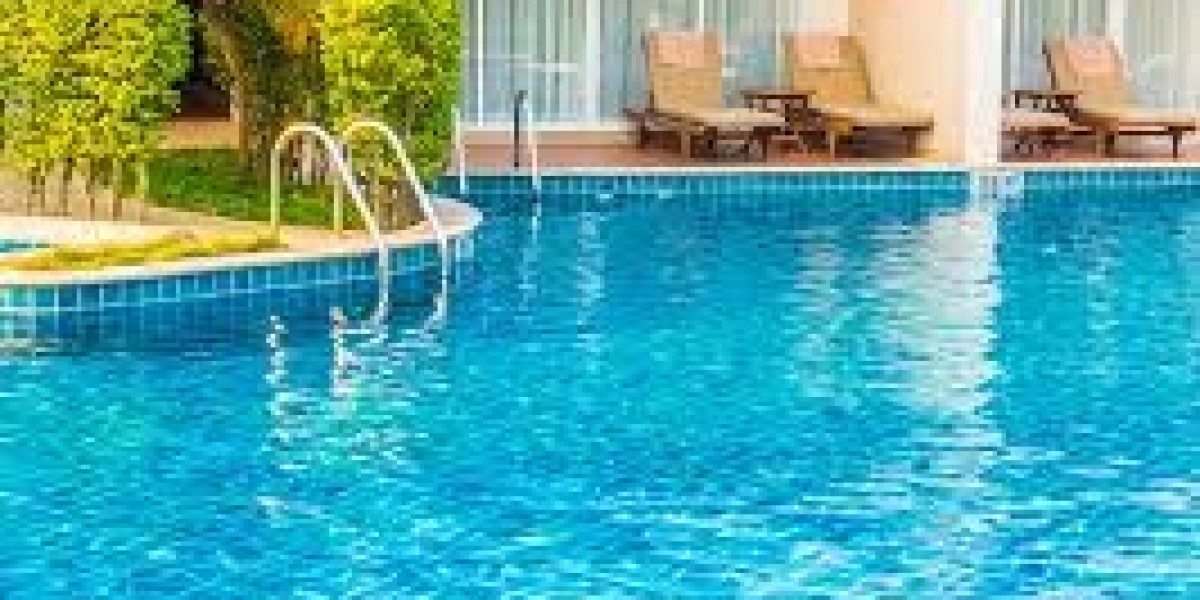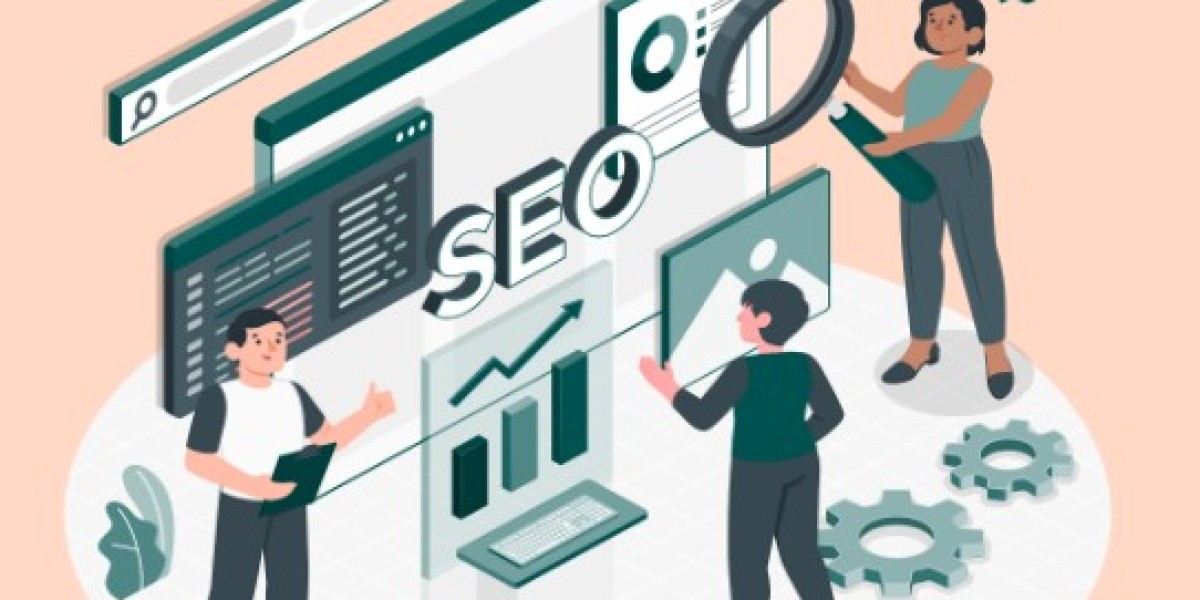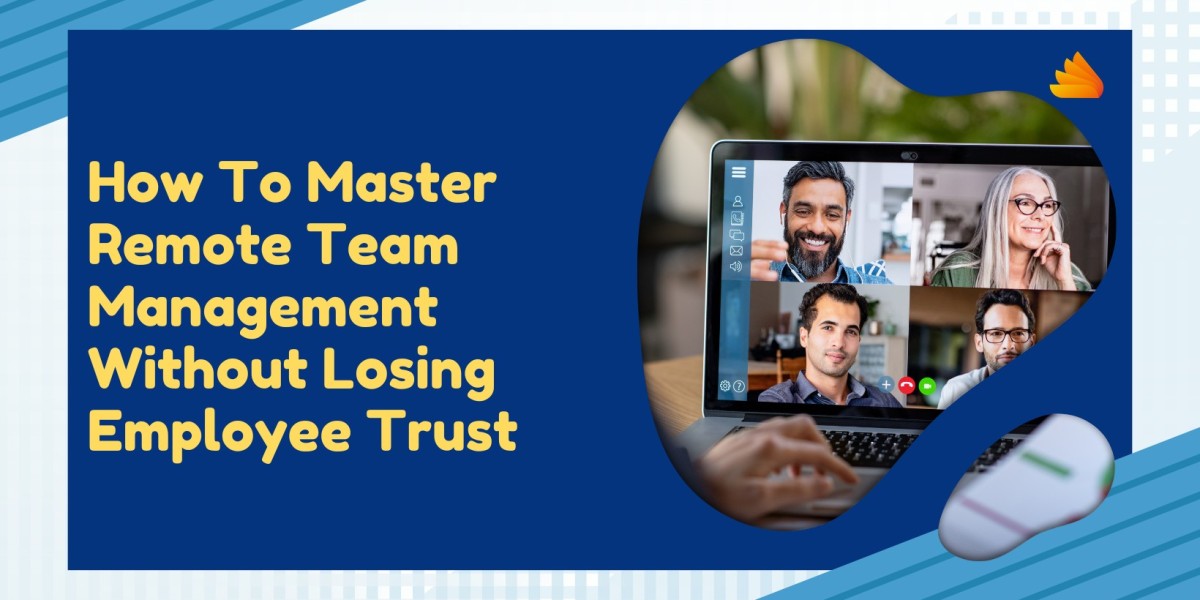Owning a swimming pool is a dream come true for many homeowners. It’s a place to relax, entertain, exercise, and create lasting memories with friends and family. But behind the shimmering surface lies an ongoing responsibility: pool care. When handled incorrectly, poor maintenance or neglect can lead to costly damage, health hazards, and unnecessary expenses.
Many pool owners unknowingly make mistakes that shorten the lifespan of their pool equipment, increase operational costs, or create unsafe swimming conditions. The good news? Most of these mistakes are preventable with the right knowledge and routine habits.
Let’s dive into the most common mistakes pool owners make—and how you can avoid them to save money, time, and stress.
1. Ignoring Regular Water Testing
One of the most frequent mistakes is skipping routine water tests. Clear water isn’t always clean water. Even if your pool looks inviting, unbalanced chemistry can:
Corrode pool equipment.
Irritate skin and eyes.
Create an ideal environment for algae and bacteria.
How to avoid it: Test your pool water at least once or twice a week using a reliable testing kit. Keep chlorine, pH, alkalinity, and calcium hardness levels within recommended ranges. This small step can prevent costly problems like liner damage or cloudy water.
2. Overusing or Underusing Chemicals
Finding the right chemical balance can be tricky. Some pool owners dump in too much chlorine, while others skimp on sanitizers altogether.
Overuse of chlorine: Can bleach liners, damage pool surfaces, and irritate swimmers.
Underuse of chlorine: Leads to algae blooms and unsafe water conditions.
How to avoid it: Follow manufacturer guidelines, measure chemicals carefully, and never guess. Investing in an automatic chemical feeder or monitoring system can also help maintain balance without constant manual adjustments.
3. Neglecting to Brush and Vacuum
Many owners assume running the pump and skimmer baskets is enough to keep the pool clean. Unfortunately, debris, dirt, and algae cling to walls and the pool floor. Over time, this buildup can stain surfaces and damage finishes.
How to avoid it: Make brushing and vacuuming part of your weekly maintenance. Pay extra attention to corners, steps, and behind ladders—areas where circulation is weakest and algae loves to grow.
4. Running the Pump Too Little or Too Much
Your pump is the heart of the pool, circulating water through filters to keep it clean. But misuse is common:
Running too little: Water becomes stagnant, filtration suffers, and algae grows.
Running too much: Spikes energy bills and wears down equipment unnecessarily.
How to avoid it: As a rule of thumb, run the pump for about 8–12 hours daily, depending on pool size, climate, and usage. Variable-speed pumps can optimize energy savings by running at lower speeds for longer periods.
5. Ignoring Small Leaks
A small drip near the pump or filter might not seem like a big deal, but leaks worsen over time. They waste water, strain your pump, and can cause structural damage if left unchecked.
How to avoid it: Inspect equipment regularly and address leaks immediately. Replacing a seal or O-ring early is far cheaper than repairing water damage or buying a new pump.
6. Forgetting About Water Levels
Pools lose water naturally through evaporation, splash-out, or backwashing. Low water levels can cause pumps to run dry, while overfilled pools affect skimmer efficiency.
How to avoid it: Check water levels weekly. Keep water at the midpoint of the skimmer opening to ensure proper circulation and prevent pump damage.
7. Skipping Filter Maintenance
Your filter traps debris and contaminants, but without routine care, it clogs and loses efficiency. A neglected filter forces the pump to work harder, which shortens its lifespan and raises energy costs.
How to avoid it: Clean cartridge filters every few weeks, backwash sand and DE filters as needed, and replace filter media according to manufacturer recommendations.
8. Not Preparing for Seasonal Changes
Pools aren’t just affected by swimmers—they’re impacted by the weather too. Many owners forget to prepare for seasonal transitions, leading to algae blooms in spring or freeze damage in winter.
How to avoid it:
Winter: Properly winterize the pool by lowering water levels, adding antifreeze to lines, and covering the pool.
Spring/Summer: Open the pool early, balance water quickly, and inspect equipment before heavy use.
Being proactive saves thousands in potential repairs.
9. Using Household Cleaners on Pool Surfaces
A common but costly mistake is cleaning pool tiles, liners, or steps with regular household cleaners. These products may contain chemicals that react with chlorine, damage surfaces, or create unsafe water conditions.
How to avoid it: Always use cleaners specifically designed for pools. For simple tasks like tile scrubbing, a mixture of baking soda and water works well without harming the pool.
10. Neglecting Safety Equipment
While most owners focus on cleanliness, pool safety often gets overlooked. Broken ladders, loose handrails, or missing drain covers are not just minor issues—they’re hazards that could lead to accidents and liability.
How to avoid it: Inspect safety equipment monthly and repair or replace damaged parts immediately. A safe pool is just as important as a clean pool.
11. Delaying Equipment Upgrades
Some pool owners keep using outdated, inefficient pumps and filters long past their prime. While it may seem frugal, this often costs more in high energy bills and frequent repairs.
How to avoid it: If your pump or filter is over a decade old and frequently breaking down, consider upgrading. Modern equipment is not only more efficient but also better at keeping water sparkling clean.
12. Overlooking Proper Cover Use
Covers aren’t just for off-season. They prevent debris, reduce evaporation, and help retain heat. Yet, many owners rarely use them outside winter months.
How to avoid it: Use a pool cover whenever the pool is not in use for extended periods. It reduces cleaning time, conserves water, and protects against debris.
Final Thoughts
Owning a pool brings endless enjoyment, but it also comes with responsibility. By avoiding common mistakes like neglecting water tests, overusing chemicals, or ignoring filter care, you’ll save yourself from costly repairs and extend the life of your pool.
Think of pool care as a series of small, consistent habits. Regular attention to details like brushing, water testing, and equipment inspections can make all the difference between a sparkling, inviting oasis and a pool that drains your wallet.
The bottom line? A little extra effort each week prevents big expenses down the road—so you can spend more time enjoying your pool and less time worrying about it.







